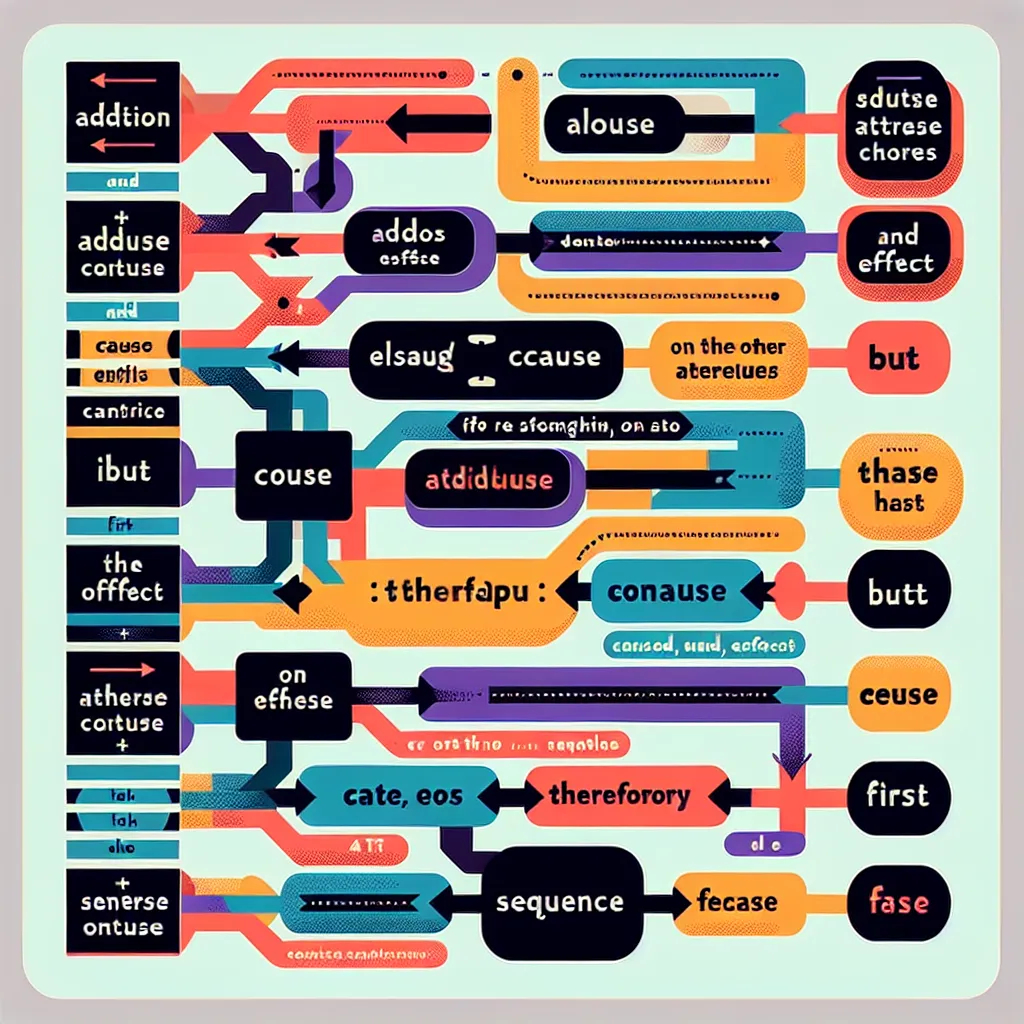Are you gearing up for an English exam and feeling overwhelmed by the grammar section? Don’t worry! This comprehensive guide will equip you with effective strategies to master English grammar for your exams. Whether you’re preparing for IELTS, TOEFL, or any other English proficiency test, these tips will help you tackle grammar questions with confidence.
Understanding the Importance of Grammar in English Exams
Grammar plays a crucial role in demonstrating your language proficiency. It’s not just about knowing the rules; it’s about applying them correctly in various contexts. Examiners assess your ability to construct sentences accurately, use appropriate tenses, and maintain coherence in your writing and speaking.
 English Grammar Exam
English Grammar Exam
Key Strategies for Grammar Mastery
1. Review Basic Grammar Rules
Start by reviewing fundamental grammar concepts. This includes:
- Parts of speech (nouns, verbs, adjectives, adverbs, etc.)
- Sentence structures (simple, compound, complex)
- Verb tenses
- Subject-verb agreement
- Articles and determiners
Understanding these basics will provide a solid foundation for tackling more complex grammar questions.
2. Practice with Past Exam Papers
One of the most effective ways to prepare for grammar sections is by working through past exam papers. This strategy helps you:
- Familiarize yourself with the exam format
- Identify common question types
- Manage your time effectively
Many official exam websites offer free practice materials. For instance, the IELTS website provides sample test questions that can be invaluable for your preparation.
3. Use Online Grammar Resources
The internet is a treasure trove of grammar resources. Websites and apps can provide interactive exercises, explanations, and quizzes. Some popular options include:
- Grammarly
- Duolingo
- BBC Learning English
These tools can make grammar practice more engaging and help you track your progress. For more online practice options, check out our guide on effective ways to practice English grammar online.
4. Focus on Error Correction
Many English exams include error correction questions. To excel in these:
- Read the sentence carefully
- Identify the grammatical error
- Provide the correct form
Practice by proofreading your own writing or that of your peers. This will sharpen your eye for common mistakes.
5. Master Sentence Connectors
Sentence connectors are crucial for creating coherent and well-structured writing. They help you link ideas and paragraphs smoothly. Common connectors include:
- However
- Therefore
- Moreover
- In addition
For a deep dive into this topic, read our article on strategies for mastering English sentence connectors.
6. Create Grammar Flashcards
Flashcards are an excellent tool for memorizing grammar rules and exceptions. Create cards with:
- Grammar rule on one side
- Examples on the other side
Review these regularly, especially focusing on areas where you struggle. This method can significantly improve your retention of grammar concepts.
 Grammar Flashcards
Grammar Flashcards
7. Analyze Model Answers
Studying model answers from high-scoring exam responses can provide insights into:
- How to apply grammar rules effectively
- The level of grammatical complexity expected
- Common grammatical structures used in different parts of the exam
Many exam preparation books include model answers. Analyze these carefully to understand what examiners are looking for.
8. Practice Timed Writing
Grammar knowledge is one thing, but applying it under time pressure is another. Regular timed writing practice will help you:
- Improve your speed
- Reduce stress during the actual exam
- Identify areas where you need more practice
Set a timer and write essays or complete grammar exercises within the time limit you’ll have in the exam.
9. Use Mnemonics for Tricky Rules
Mnemonics can be incredibly helpful for remembering complex grammar rules. For example:
- “I before E, except after C” for spelling rules
- “FANBOYS” (For, And, Nor, But, Or, Yet, So) for coordinating conjunctions
Create your own mnemonics for rules you find particularly challenging. For more memory techniques, visit our page on the best ways to remember English grammar rules.
10. Read Extensively in English
Reading widely in English exposes you to various grammatical structures in context. This passive exposure can significantly improve your grammar intuition. Try:
- News articles
- Academic journals
- Fiction books
Pay attention to how grammar is used in different types of writing.
Common Grammar Pitfalls to Avoid
Be aware of these common grammar mistakes that many test-takers make:
- Inconsistent verb tenses
- Subject-verb agreement errors
- Misuse of articles (a, an, the)
- Incorrect preposition usage
- Run-on sentences or sentence fragments
By focusing on these areas, you can significantly improve your grammar accuracy.
Next Steps: Putting It All Together
Now that you have these strategies, it’s time to create a study plan:
- Assess your current grammar level
- Identify your weak areas
- Set specific goals for improvement
- Create a study schedule incorporating these strategies
- Regularly review and adjust your plan
Remember, consistent practice is key to mastering English grammar for exams. For more tips on efficient learning, check out our guide on how to learn English easily.
Conclusion
Mastering English grammar for exams requires dedication, strategic practice, and the right resources. By implementing these strategies and consistently working on your grammar skills, you’ll be well-prepared to tackle any grammar questions that come your way in your English exams. Remember to stay patient and persistent – improvement takes time, but with the right approach, you’ll see significant progress in your grammar proficiency.
Don’t hesitate to explore our other articles for more in-depth guidance on specific grammar topics or exam preparation techniques. Good luck with your studies!




